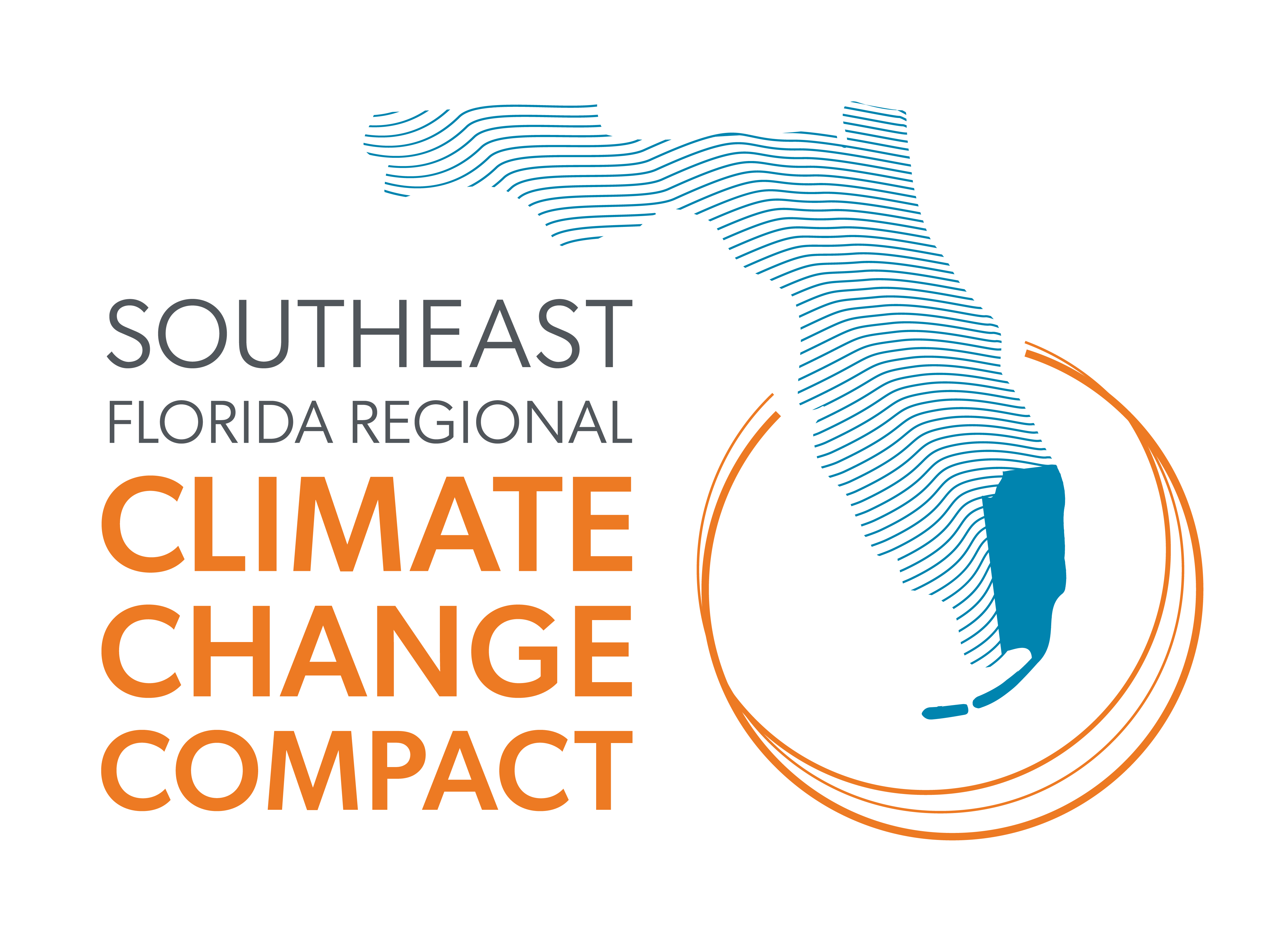Ensure local health departments collect and disseminate timely, accessible, climate-related health data to inform public health plans and decision-making.
STRATEGIES
PH-4.1 Advocate for policy changes and specific funding to increase the frequency of climate-related health data collection and dissemination.
IMPLEMENTERS: local governments, academic institutions, non-profit organizations,
health care sector, advocacy organizations
STATE/FEDERAL PARTNERS: FDOH, HHS
PH-4.2 Partner with public health departments, academic institutions and community health systems to define the current gap in public health and climate change research and articulate the value of more coordinated, accessible and frequent data collection.
IMPLEMENTERS: local governments, academic institutions, non-profit organizations, health care sector
STATE/FEDERAL PARTNERS: FDOH, HHS
PH-4.3 Increase data collection frequency to better inform public and academic climate impact and health research programs. Specifically, advocate for the Florida Department of Health to assess the exposure-outcome association to estimate or quantify the additional burden of health outcomes associated with climate change impacts. Assess the exposure-outcome association that denotes how an increase in exposure affects the health outcome. Since the exposure-outcome associations may vary across different places, use locally available data to the extent practicable to derive quantitative estimates.
IMPLEMENTERS: local governments, academic institutions, non-profit organizations,
health care sector, insurance industry
STATE/FEDERAL PARTNERS: FDOH
PH-4.4 Partner with the Florida Department of Health to track climate-sensitive stressors (e.g. temperature, humidity, air pollutants) using methods such as real-time sensors placed in various locations and disseminate the results in near real-time or at regular intervals.
IMPLEMENTERS: local governments, health care sector, academic institutions
STATE/FEDERAL PARTNERS: FDOH
